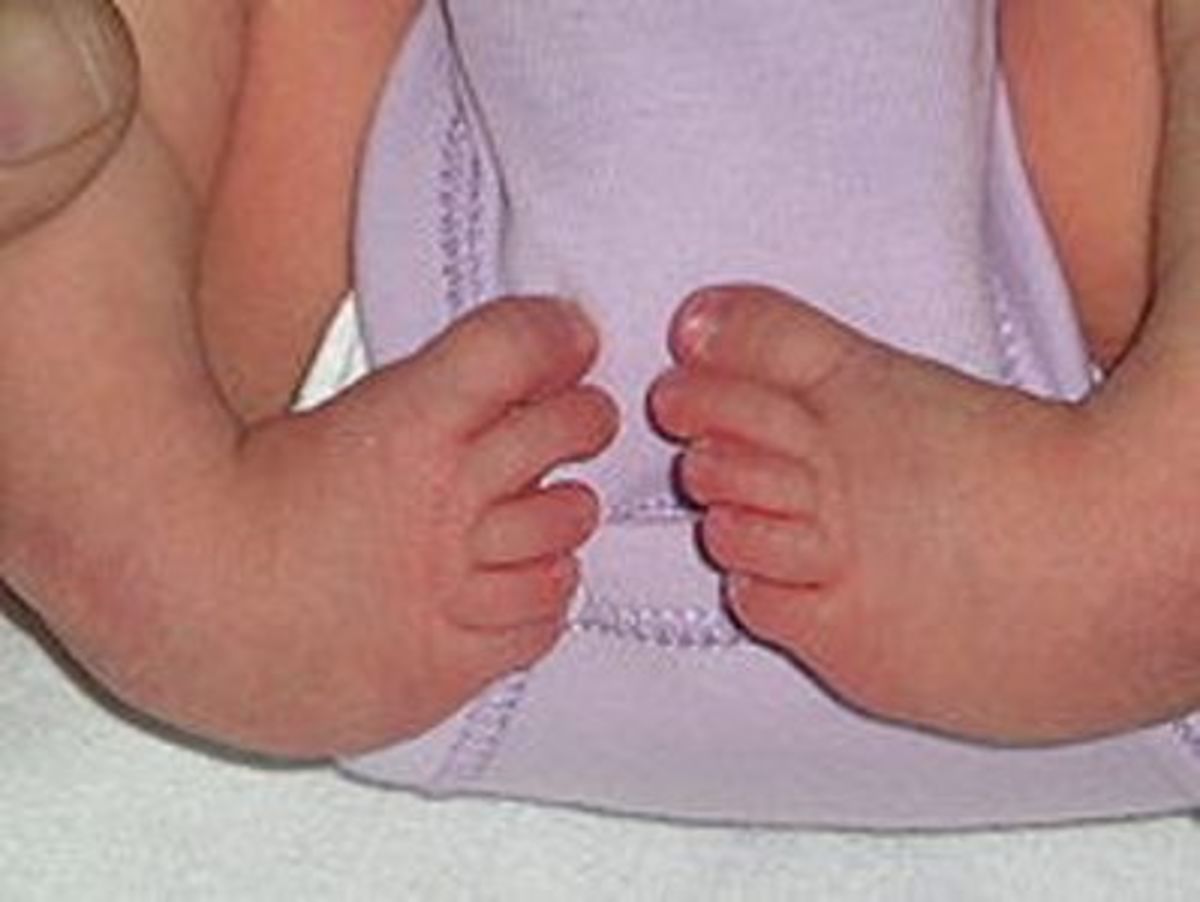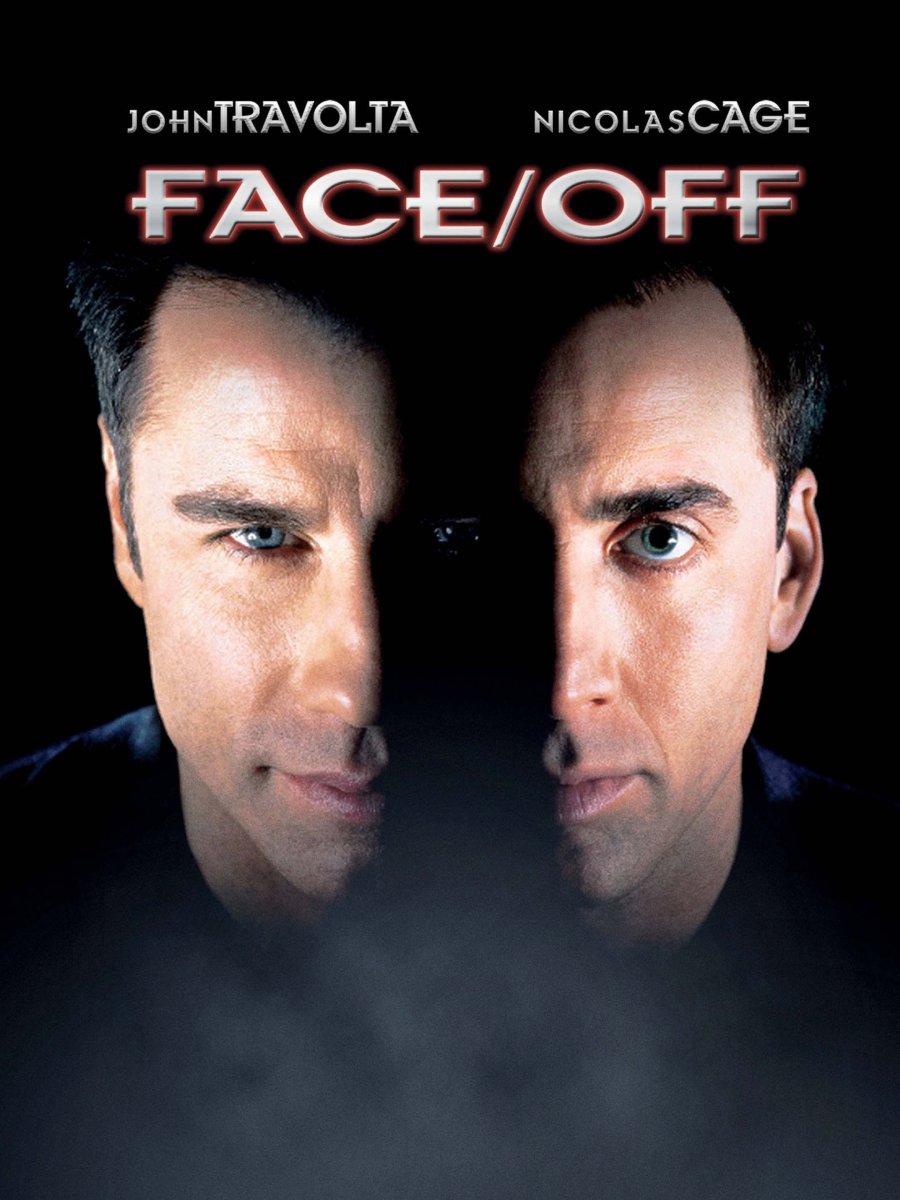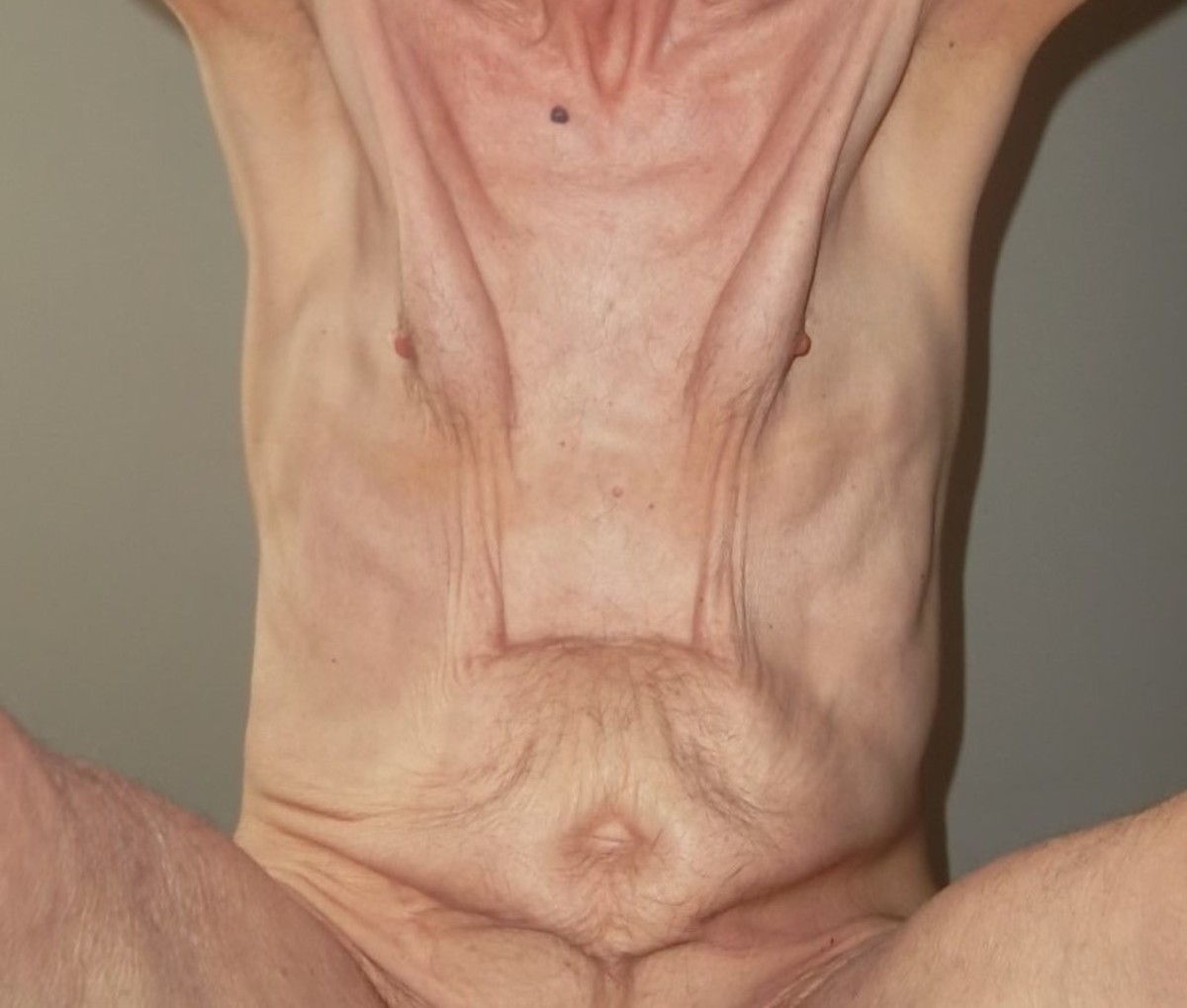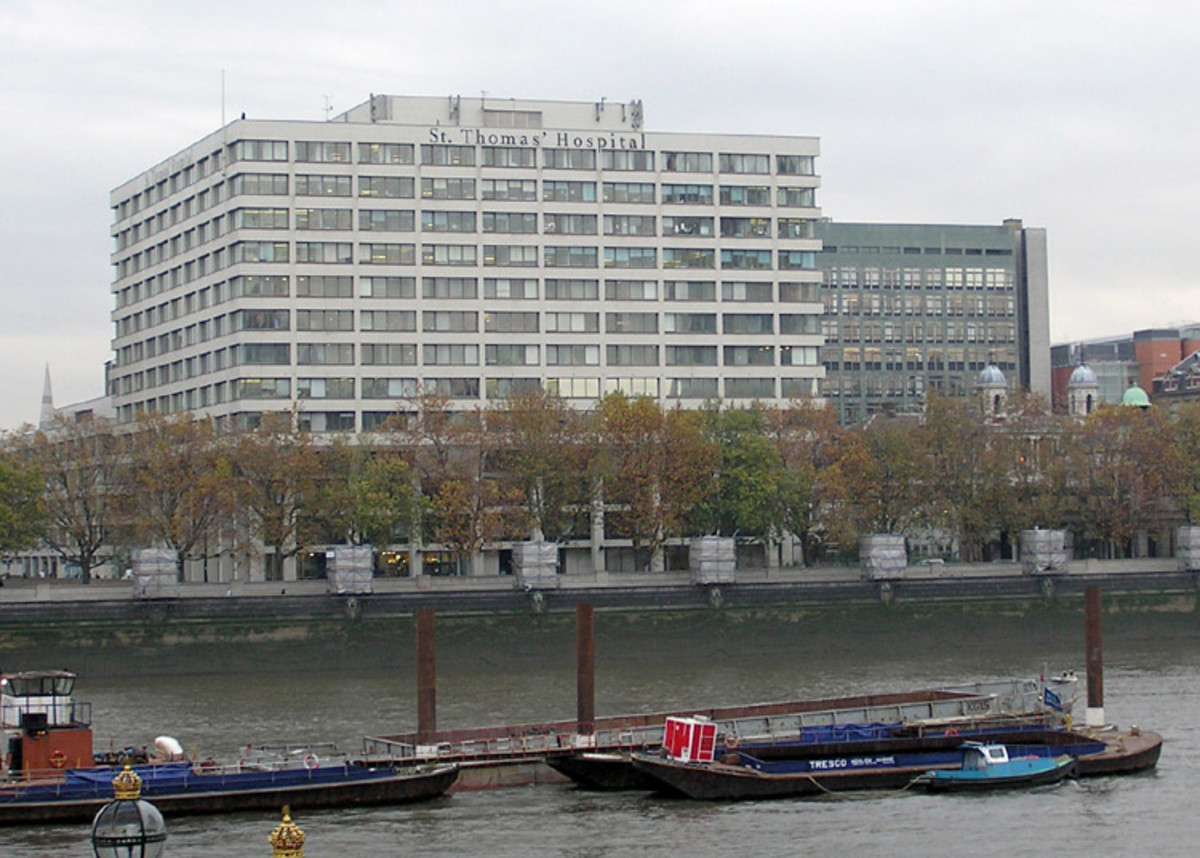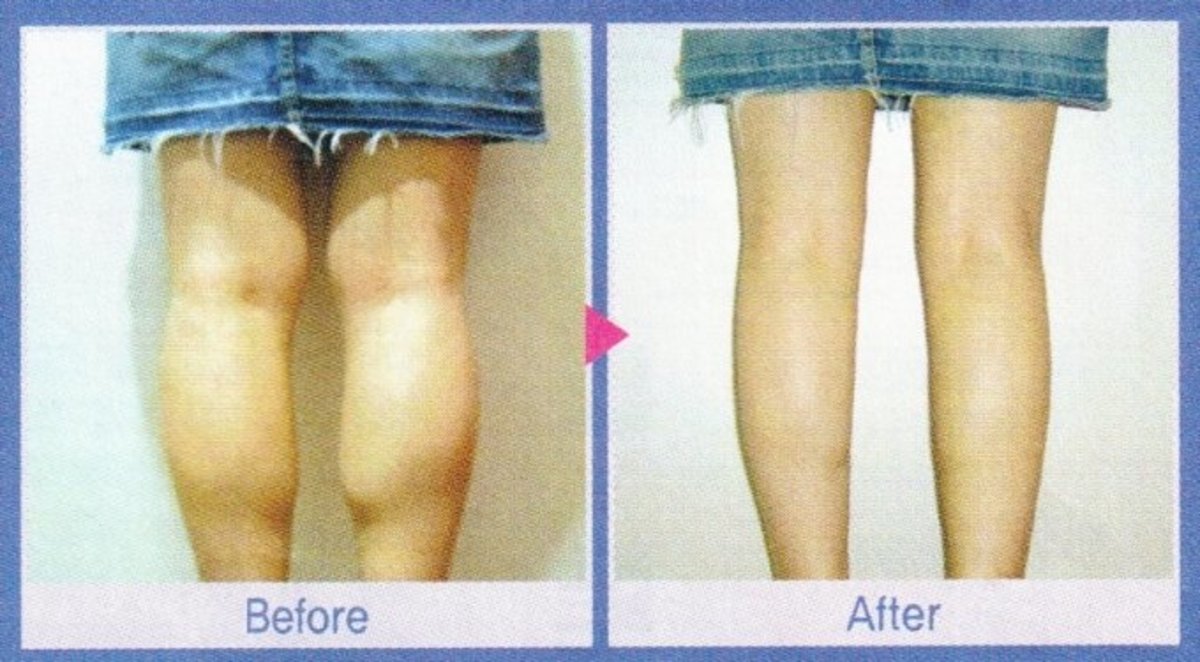Free Plastic Surgery: Is There Really Such A Thing?
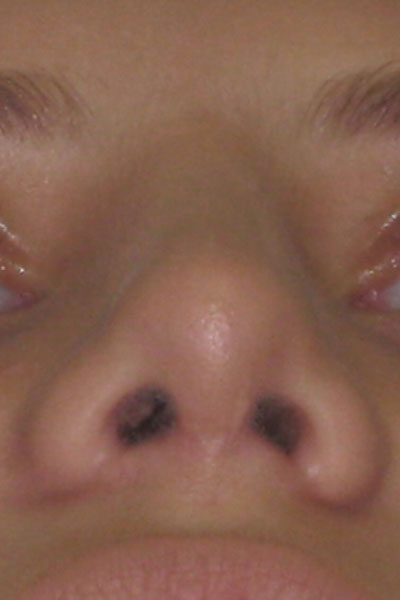
Beauty is in the eye of the beholder?
Some of us are born beautiful whilst others constantly strive for perfection. We have all seen the models and film starlets who must exist on a lettuce leaf to keep their bodies trim, exercise regularly to tone the muscles and use tanning agents/sun block to get the “All over tan”.
Change without surgery
There are some things that we just can’t change without surgical help- If your breasts droop you could buy a very firm supportive bra, but if your nose is hooked or your ears over large there is nothing you can do. What about wrinkles? Many women and some men spend a fortune on facial cleansers, toners and moisturisers but there comes a time when it is not enough, the wrinkly lines start to show and age starts creeping up. You may feel 40 but your face says your 50!
Strapped for cash?
What can you do if your only remedy is plastic surgery and you don’t have the ready cash?
In the United Kingdom you can have plastic surgery on the National Health Service, but don’t all rush down to the G.P.’s surgery demanding an appointment as there is a catch.
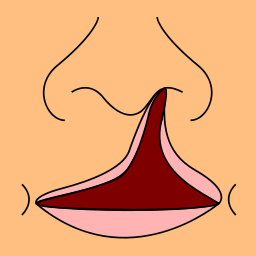
What is Plastic Surgery?
Doctors and Medical authorities in the United Kingdom see Plastic Surgery and Cosmetic Surgery as two very distinct practises.
Plastic Surgery is seen as a medical matter- it is used in cases where the original skin and tissue is not doing the job that it should do. For example, if your baby is born with a Cleft Palette then that will be fixed for free on the NHS. Maybe you suffered from Breast cancer and the doctors decided that a single or double mastectomy was needed- again the NHS will do the reconstructive surgery ; or even fund skin repair if you have had major burns following an accident at home, work or even after an automobile accident!
How does Plastic Surgery help you?
It is a recognised fact that plastic surgery in these types of situations can raise patients self esteem, confidence and lead to them to higher levels of quality in their lives. In some circumstances surgery is needed to control potential infections. Underneath the actual layer of skin is subcutaneous fat and muscle with a layer of superficial fascia which is made up of tissue- this covers your skeleton making your body shape. It is the role of the superficial fascia to support your bodily organs and to provide a barrier to infection under your skin. If this barrier is broken then there is a possibility that infection can travel to your organs so therefore the NHS will repair this so that there is less risk of infection.
Risks?
There are risks associated with plastic surgery as there with all types of surgery; recently there has been a lot of controversy about leaking breast implants and a number of women have had to have another operation to replace their leaking implants. As with all surgery there is pain and tenderness and of course recovery time which will depend on what you have had done.
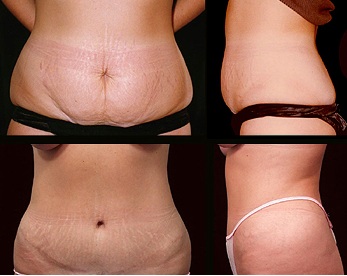
Have you ever had cosmetic surgery?
What is Cosmetic Surgery?
Cosmetic surgery is surgery which takes place by choice; there is no medical reason. This can include operations such as face lifts, nose reshaping and tummy tucks- all things designed to make us feel better. The National Health Service does provide some cosmetic surgery if there is an underlying medical reason.. Occasionally Cosmetic surgery can be performed free on the NHS but the patient has to demonstrate severe psychological or physical reasons before the surgery can be performed. This results in very few cosmetic surgery operations taking place free of charge on the National Health Service.
Go and see your G.P. It's free
If you are in the UK and thinking about having cosmetic surgery you can still go and see your doctor for free to get their advice on cosmetic surgery and they can refer you to a private practice, providing them with any medical notes. In cases where there is a chance that the NHS will consider doing the surgery your GP will refer you to a consultant who will consider if the procedure fulfils the guidelines. The most common form of operations are :
Breast Implants- some women have breasts that are vastly different in size which causes immense psychological problems
Nose Reshaping- sometimes called Rhinoplasty- this is usually done when the patient has real trouble in breathing and perhaps has an associated condition such as asthma.
Breast Reduction – to alleviate back or shoulder pain,caused by over large breasts.
Tummy Tucks- to get rid of excess skin, perhaps after a pregnancy, major loss of weight or corrective action after abdominal surgery.
Eyelid reduction- some people develop eyelids that droop so much that it causes them problems with their vision.
Have you ever considered Cosmetic Surgery?
What can be involved in surgery
Could this be for you?
Hot off the press is a new treatment called Beautytek which is a non invasive way to tackle up to nine problem areas. The treatment uses electrical impulses to move fluid through the body as they suggest that the lack of fluid is the cause of problems such as wrinkles-. The Doctor uses a hand held machine which he passes over your problem area and the electro magnetic field does the rest- excess fat is passed out of the body through the kidneys and even after one treatment the results are there for all to see- I do wonder if this will be the treatment that the average person is looking for,as many of us are just too plain scared to go under the knife!
Maybe there is a way!
However as with all rules and solutions there are cracks and it is worth trying to persuade a doctor on the NHS that you need the treatment. A recently published report by Professor Peter Salmon of the University of Liverpool suggests that some surgeons agree to operate on patients who do not fulfil the physical or psychological conditions simply because they cannot spare the time to see the patient and explain why they cannot do it, some surgeons said that they felt pressurised by the patients to undertake the surgery. The report also found that the surgeons did not always ask for medical reports from psychiatrists and often performed surgery that was outside the NHS guidelines such as pinning back ears in adults. Small cosmetic operations such as mole removal were usually done without question as it cost more to turn it down. There are no figures produced nationally on the amount of money the NHS spends on cosmetic surgery. The message from my research seems to be , read the official advice and then plead with your doctor and your surgeon to do it, preferably break down in front of them and demonstrate how it is ruining your life- then there is a chance that they will do it for free and save you thousands of £££££££££££££


